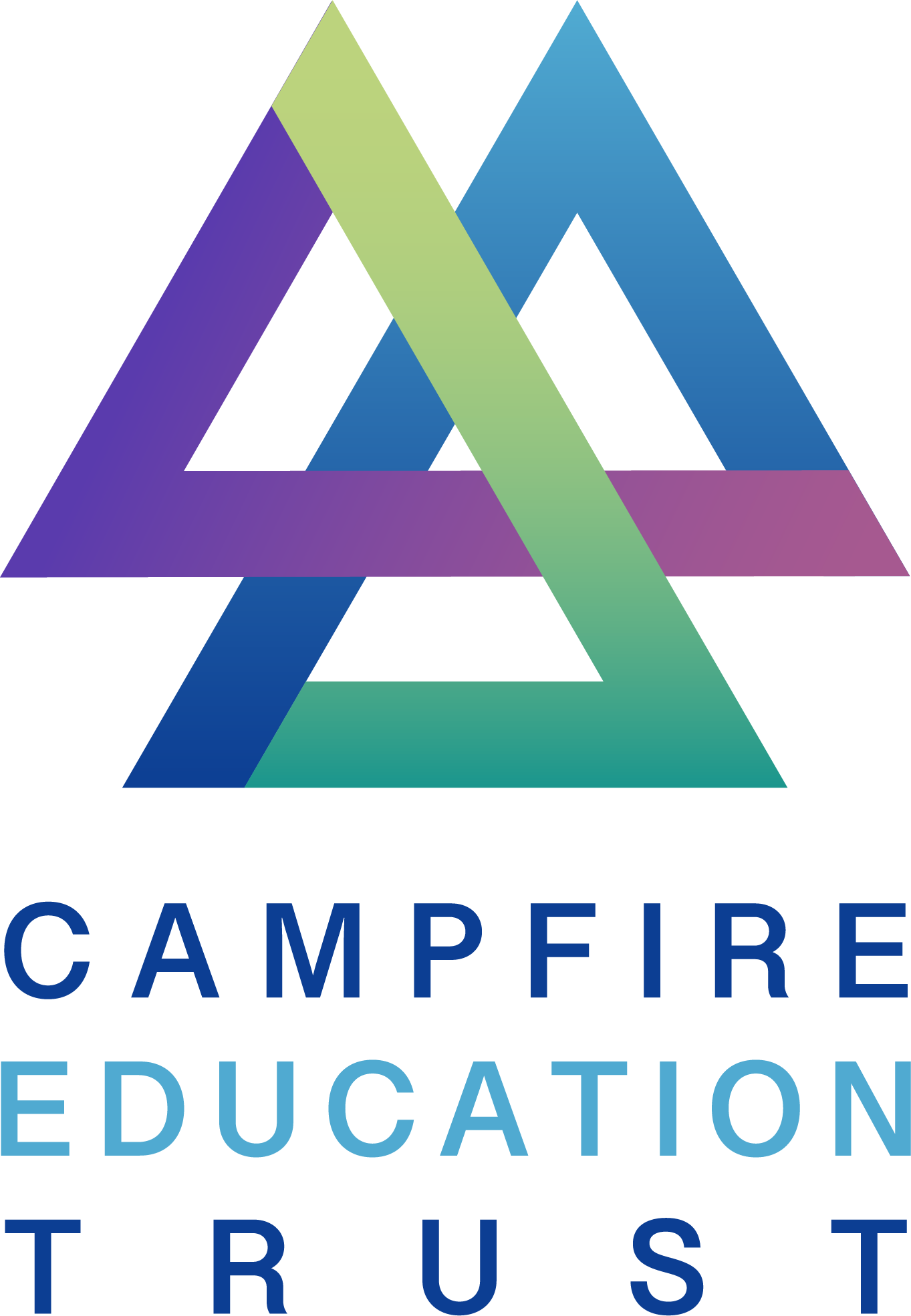Religious Education
List of services
-
IntentList Item 1
At Spring Lane, Religious Education is taught through thoughtful enquiry, meaningful discussion, and respectful exploration of diverse beliefs and worldviews. Rooted in our pillars of relevance, experiences, and collaboration, our RE curriculum supports children to make sense of the world around them and their place within it. Through engaging with big questions, real-life scenarios, and local faith communities, pupils gain knowledge and understanding that is both personal and global. They learn to listen, reflect, and express their ideas clearly—developing as effective communicators and expert learners. Opportunities to explore shared values and ethical dilemmas nurture them as caring citizens, promoting respect and empathy for others. As they ask questions and encounter new perspectives, children grow as aspirational thinkers and healthy individuals—developing a strong sense of identity, belonging, and purpose in a diverse and ever-changing world.
-
ImplementationList Item 2
At Spring Lane, Religious Education is implemented through thought-provoking Learning Quests that encourage children to explore big questions about beliefs, values, and identity. Rooted in our principle of relevance, RE connects children’s learning to their own experiences, the diverse community of Spring Boroughs, and the wider world—helping them understand the significance of faith and worldviews in people's lives. Through rich experiences such as storytelling, discussion, encounters with artefacts, and links with local faith communities, pupils develop understanding and empathy. Collaborative dialogue is at the heart of our approach, with children learning to listen, reflect, and respectfully share their own views. This supports their development as Effective Communicators, Caring Citizens, and Aspirational Thinkers—equipped to navigate a diverse and ever-changing society with confidence and compassion.
-
Impact
The impact of our Religious Education curriculum at Spring Lane is seen in thoughtful, respectful learners who are confident in exploring big questions about belief, identity, and values. Children articulate their understanding of diverse worldviews, explain how beliefs influence behaviour, and reflect deeply on their own ideas and those of others. Learning is rooted in relevance—children encounter real-life contexts, stories, and local faith experiences that connect RE to their everyday lives and the diverse community of Spring Boroughs. These rich and reflective experiences ensure that knowledge is retained and that pupils are equipped to navigate difference with empathy and respect. Through collaboration and discussion, children develop their skills as effective communicators, listening carefully and speaking with clarity as they consider multiple perspectives—growing into responsible, open-minded citizens in modern Britain.
Pupils’ knowledge and disciplinary thinking in RE are assessed using the following:
● Retrieval practice and recap activities to reinforce key concepts and vocabulary.
● Formative assessment through questioning, observation of discussions, and live feedback.
● Pupil voice to gauge confidence in explaining beliefs and values, and in applying learning.
● End-of-unit reflections and tasks that assess understanding of both knowledge and thinking skills.
At Spring Lane, Religious Education (RE) is an important part of our curriculum and helps children learn about different beliefs, values, and traditions. It supports pupils in developing respect and understanding for others and prepares them for life in a diverse world.
In line with the law and Department for Education (DfE) guidance, parents and carers have the right to withdraw their child from all or part of RE. If you are considering this, we encourage you to first discuss your concerns with the Head of School so that we can explain the aims of our RE curriculum and answer any questions you may have.
While we respect the right to withdraw, we strongly encourage all children to take part in RE as it is a valuable opportunity to explore and reflect on different beliefs and worldviews, and to develop mutual respect and tolerance.
If, after discussion, you still wish to withdraw your child, please put your request in writing to the Head of School.


